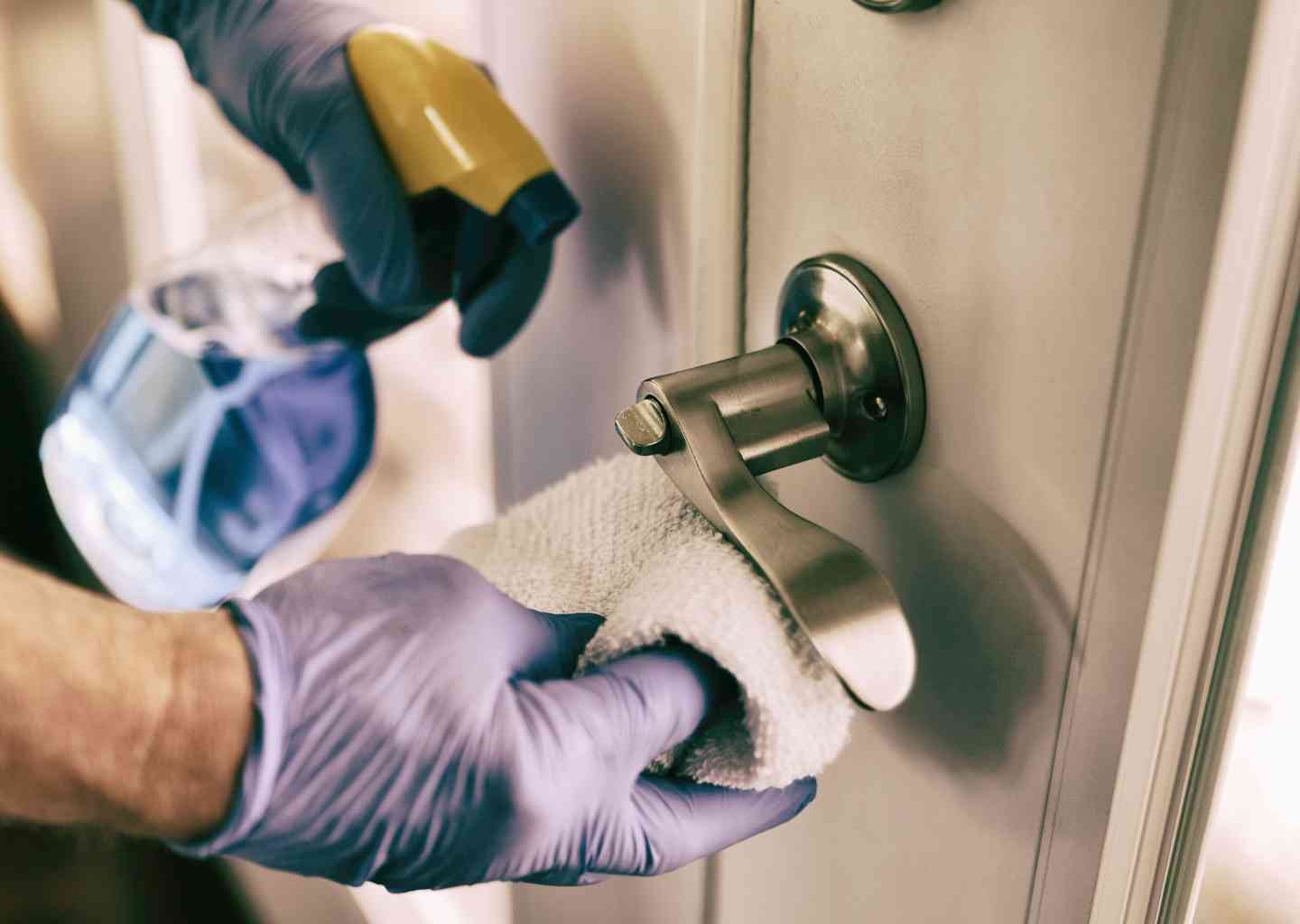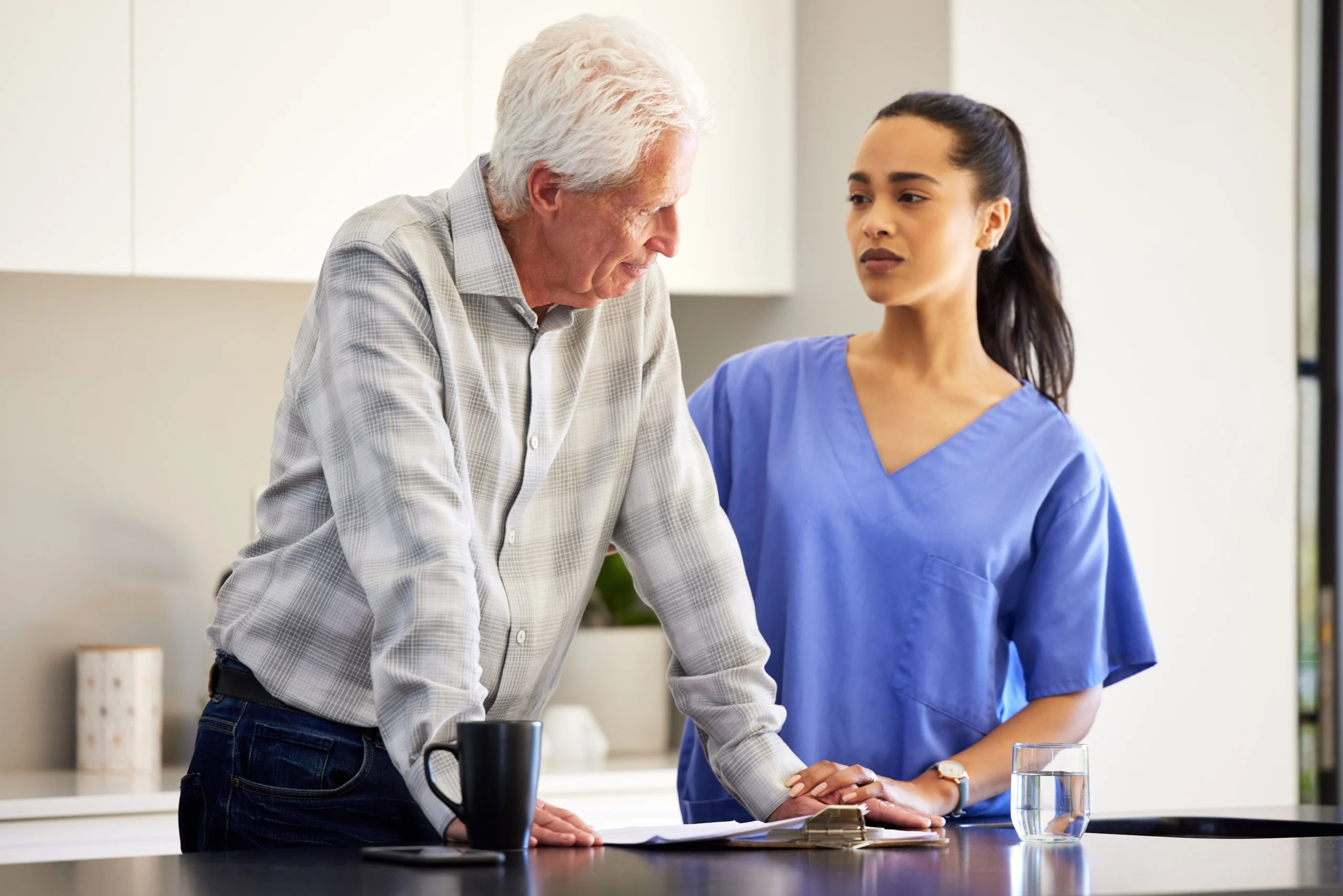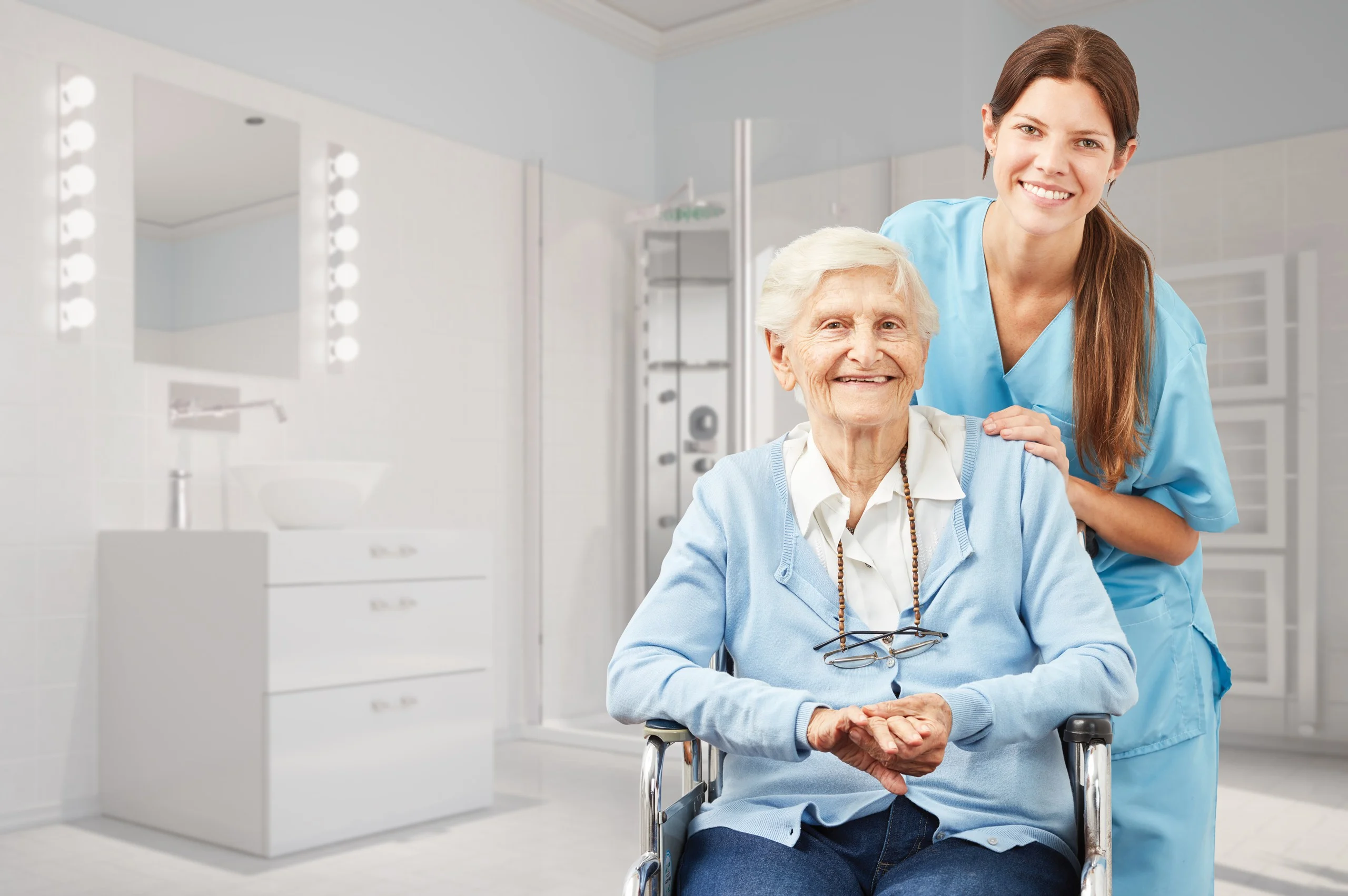The COVID-19 pandemic has well-and-truly put cleanliness front and center in our minds. It has reinforced the importance of maintaining a clean home in order to protect ourselves from the virus and other dangerous pathogens.
Maintaining a clean home is particularly important for seniors, as they are more likely to suffer severe symptoms if they contract COVID-19. It is also common for seniors to have underlying conditions like emphysema and diabetes, which dramatically increase their risk of mortality from COVID-19.
A recent study published in the New England Journal of Medicine suggests that the COVID-19 virus can live on surfaces for anywhere between a few hours and several days. The virus can remain on cardboard surfaces for up to 24 hours and on stainless steel for up to 72 hours. These findings highlight the importance of maintaining a clean home.
The key is to have a regular cleaning schedule and follow the recommendations of experts. To help you maintain a safe home environment, I will share the CDC’s recommendations for keeping a clean household.
Clean Before Disinfecting
Cleaning should always be performed before disinfecting, as it is the most effective way to remove dirt and other impurities from a surface. Using soap or detergent on a hard surface will break down the oils and fats that protect germs — instantly killing up to 97% of germs.
Cleaning should be followed with disinfection. Soak the surface with a disinfectant solution for between 5 to 10 minutes to kill any leftover traces of germs. Wipe clean with a damp cloth. Always use gloves when disinfecting surfaces as it can be harsh on the skin.
Choosing A Disinfectant For COVID-19
In terms of choosing a disinfectant, the CDC suggests that the most effective option is either diluted household bleach or alcohol-based disinfectants with at least 70% alcohol content. These solutions will kill COVID-19 and other viruses on contact.
It is important to remember that disinfectants are potentially dangerous substances and should be used with care. Keep the following pointers in mind:
- Some solutions should never be mixed together
Never mix bleach and vinegar, bleach and ammonia, hydrogen peroxide and vinegar, or bleach and rubbing alcohol together. These combinations will cause a dangerous chemical reaction. - Wear gloves when using disinfectant
Gloves will protect your hands and prevent cross-contamination when cleaning. If you are using re-usable gloves, have a pair that you use for disinfecting and nothing else. - Avoid cross-contamination of cleaning cloths
Use colored cloths so you know which cloths are used for cleaning and which ones are for disinfecting. You should also have specific cloths for different areas of the home, with one set of cloths for cleaning the floor, another for the bathroom, and so on.
Clean Soft Surfaces Appropriately
Use a high-quality vacuum with a HEPA filter to remove dust and debris from soft furnishings, rugs, carpets, and so on. To give soft surfaces a deeper clean, use carpet shampoos or detergents.
Wash sheets, towels, and clothing in a washing machine with detergent. Avoiding shaking or hitting rugs, clothing, towels, pillows, and other soft items as you may disperse the virus through the air.
Target frequently used areas
Particular attention should be given to horizontal surfaces and frequently touched surfaces such as:
- Benches and Tables
- Sinks and Faucets
- Toilets
- Chairs
- Light Switches
- Door handles
- Elevator buttons
- Computer keyboards and mice
- Mobile phones and tablets
- Keys
- Walkers
- Wheelchairs
- Canes
- Remote controls
- Telephones
- Assistance items like walkers, handrails, and canes
The CDC recommends that frequently touched surfaces and items should be cleaned daily. Other daily tasks include sweeping/vacuuming, mopping the kitchen floor, dishwashing, and cleaning kitchen sponges.
The cleaning of infrequently touched items like waste bins, hard-surface floors, mirrors, toilets and sinks only needs to be performed weekly.
Wearing Personal Protective Equipment (PPE)
It is usually unnecessary to wear PPE in your home. However, the following precautions should be taken:
- Wear a pair of gloves when working with disinfectants or caustic substances
- Always mix, and use cleaning chemicals in accordance with instructions
- Wear eye protection when handling toxic chemicals like bleach
- Wash your hands after removing your gloves
- Avoid touching your face while cleaning
- Wash, disinfect, or discard items like mops and cleaning cloths after using them
How All Heart Home Care Can Help
All Heart Home Care is the leading provider of in-home care in San Diego. We offer a wide range of services including professional cleaning services. Our caregivers will ensure that your home is tidy, hygienic, and completely safe.
For more information on the services provided by All Heart Home Care, please contact our friendly team today at (619) 736-4677.







